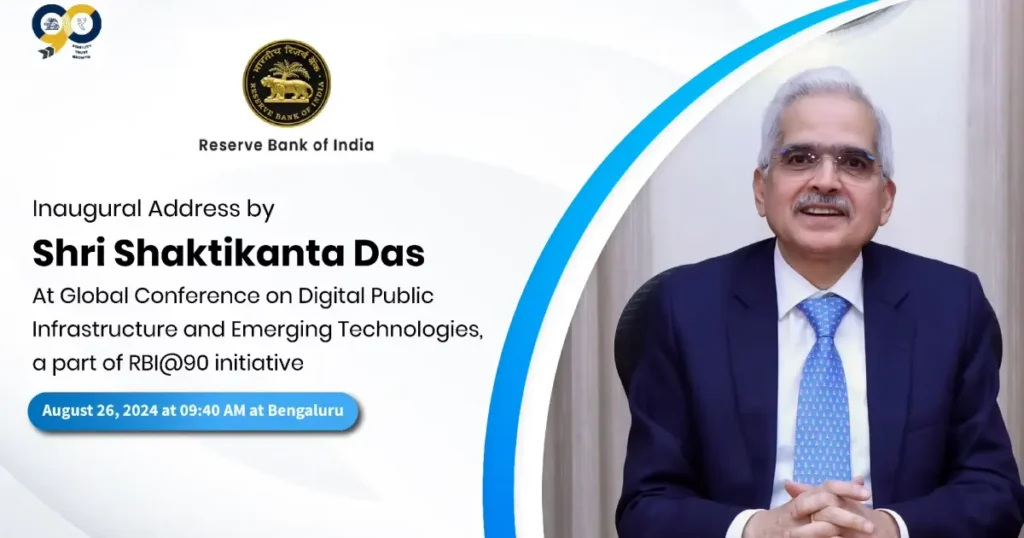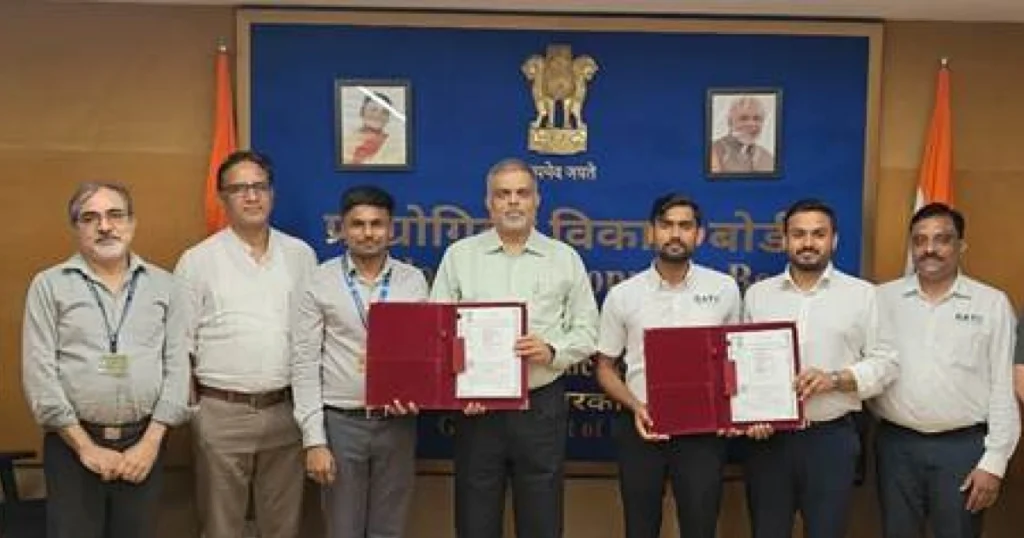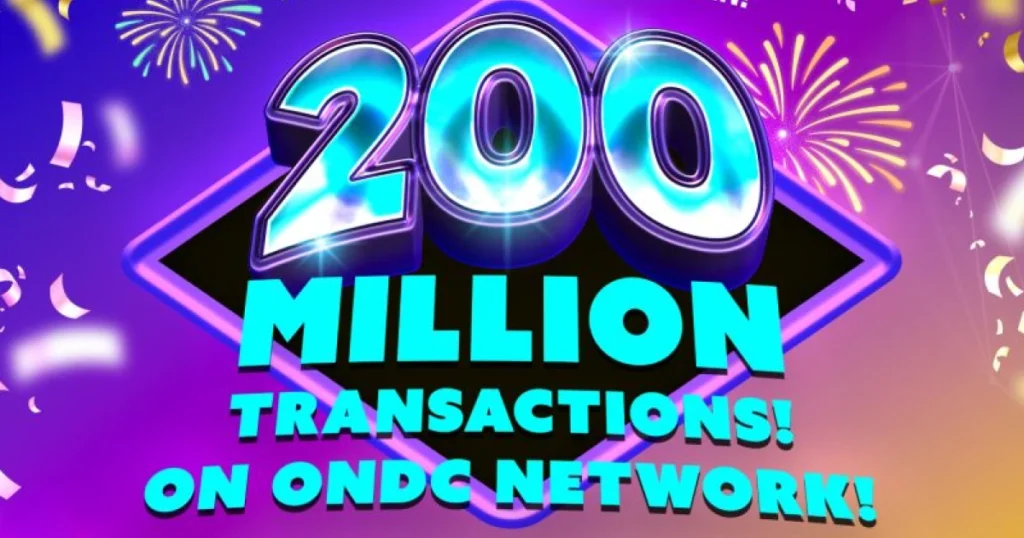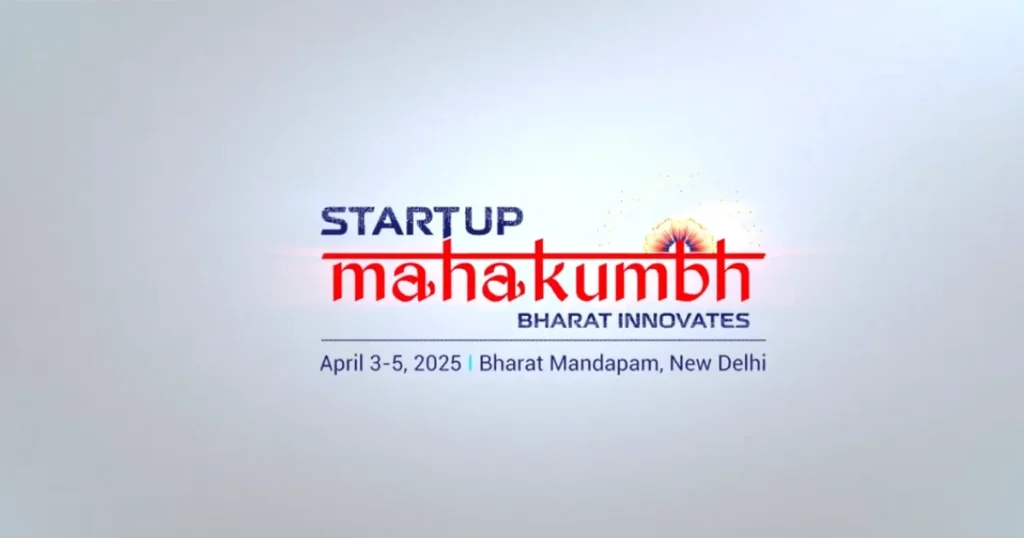In a major push to enhance India’s digital financial infrastructure, the Reserve Bank of India (RBI) is set to introduce a new platform aimed at revolutionizing credit access for rural and small businesses.
The platform, named the ‘Unified Lending Interface’ (ULI), is designed to address the significant credit gap experienced by agricultural and MSME (Micro, Small, and Medium Enterprises) borrowers.
RBI Governor Shaktikanta Das announced the upcoming launch of ULI during his address at the RBI@90 global conference on “Digital Public Infrastructure and Emerging Technologies” held on August 26.
Shaktikanta Das revealed that ULI had undergone a pilot phase last year and will soon be rolled out across India.
“Just like the Unified Payments Interface (UPI) transformed the payments landscape, we anticipate that ULI will have a similarly transformative effect on the lending sector,” Shaktikanta Das remarked.
The ULI platform is expected to facilitate a seamless and consent based flow of digital information, including state specific land records, from various data service providers to lenders.
This streamlined process aims to significantly reduce the time required for credit appraisal and eliminate cumbersome documentation.
Shaktikanta Das also highlighted the role of Digital Public Infrastructure (DPI) in India’s financial inclusion achievements.
He praised DPI for enabling rapid advancements in financial inclusion that would have otherwise taken decades.
In addition to discussing ULI, Das touched upon broader themes such as artificial intelligence (AI) and its implications for digital public infrastructure.
He acknowledged the benefits of AI in financial services but also cautioned about its potential misuse, which could pose risks to both DPI and other digital systems.
Furthermore, Das addressed the status of Central Bank Digital Currencies (CBDCs), noting that while India began piloting its CBDC in 2022, there is no immediate plan for a widespread rollout.
The RBI is focused on thoroughly understanding the impacts of CBDCs on users, monetary policy, and the broader financial system before proceeding.
Shaktikanta Das emphasized the need for interoperability in CBDCs to enhance efficiency in cross-border payments, a development that remains a key consideration in the ongoing evolution of digital finance.
The RBI’s initiative with ULI marks a significant step forward in expanding access to credit and improving financial inclusion, reinforcing India’s position at the forefront of digital financial innovation.



















